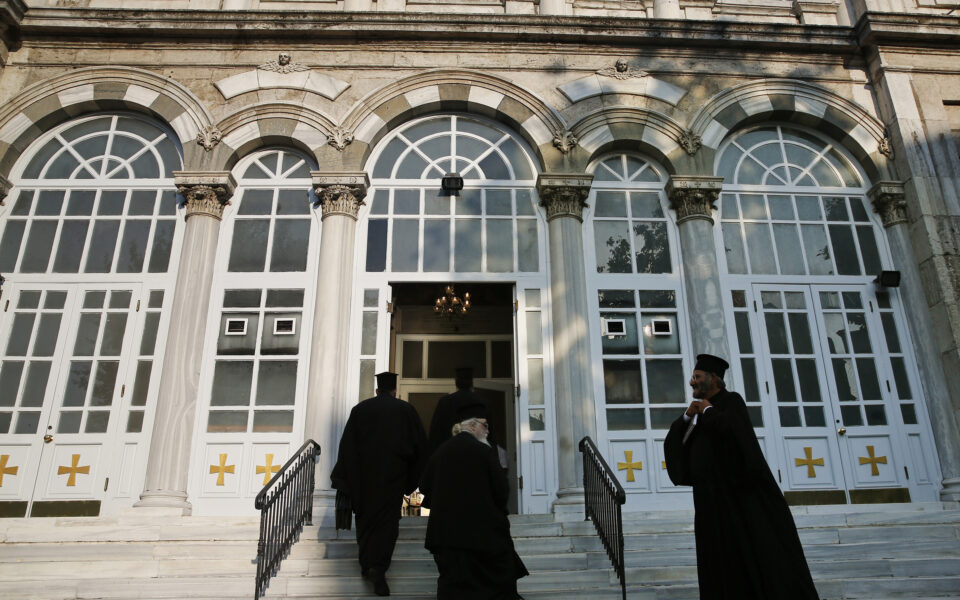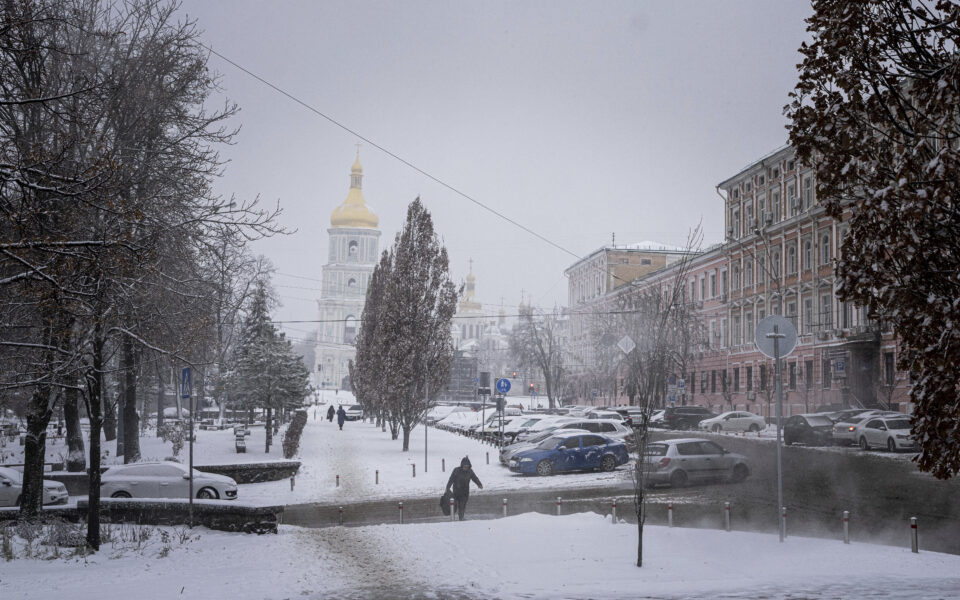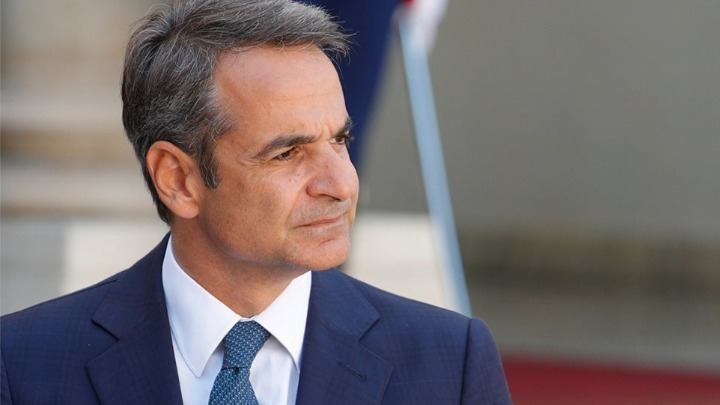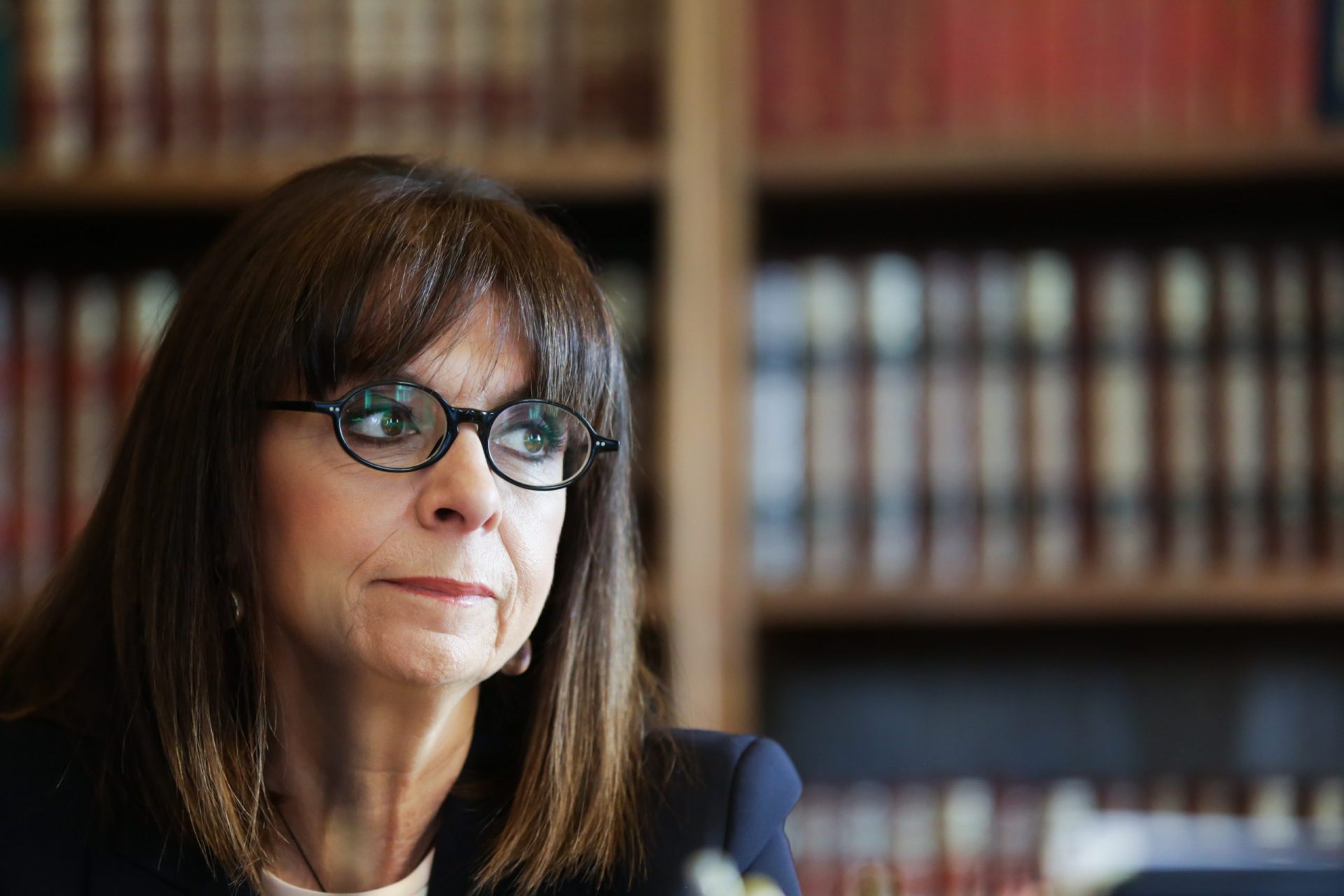Athens counters Russia’s Orthodox designs


The Greek government has announced the creation of 600 new clerical positions to support the ancient patriarchates of Constantinople (in Turkey), Alexandria (in Egypt) and Jerusalem (in Israel), and the Monastery of Sinai in Egypt.
The move addresses decades of neglect, offering vital financial aid to clergy who have long served without salaries, pensions or healthcare. However, the decision carries geopolitical weight, as it seeks to counter growing influence by the Russian Orthodox Church and its ideological vision of Moscow as the “Third Rome.”
This theory, rooted in the belief that Moscow is the rightful successor to Rome and Byzantium as the global spiritual leader of Orthodox Christianity, has fueled Russia’s attempts to reshape the balance of power within the Orthodox world. Following the Ecumenical Patriarchate’s 2018 decision to grant independence to the Ukrainian Orthodox Church, Moscow intensified efforts to undermine the historic patriarchates, particularly Alexandria.
Using financial leverage, Moscow has enticed African clergy away from the Patriarchate of Alexandria, offering salaries five times higher than the $200 monthly stipends many currently receive, along with benefits and diplomatic privileges. This strategy has destabilised the patriarchates, which lack the resources to compete, further highlighting the urgent need for Greece’s intervention.
For years, the patriarchates struggled with minimal state support, and pleas for assistance dating back to 2004 went unanswered. Many priests lived without basic protections, while communities they served dwindled. The situation worsened as Russian-backed initiatives gained ground, including controversial collaborations with the Coptic Orthodox Church, seen as a direct challenge to the Ecumenical Patriarchate’s authority.
By providing these 600 positions, Greece aims to secure the future of its spiritual and cultural heritage, a government source said. The move underscores the intersection of religion and geopolitics, as Greece steps in to defend its historical patriarchates against Moscow’s growing ambitions.
Source: ekathimerini.com




